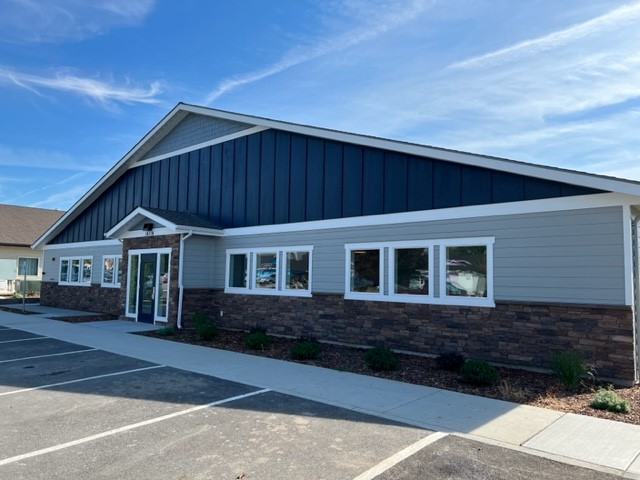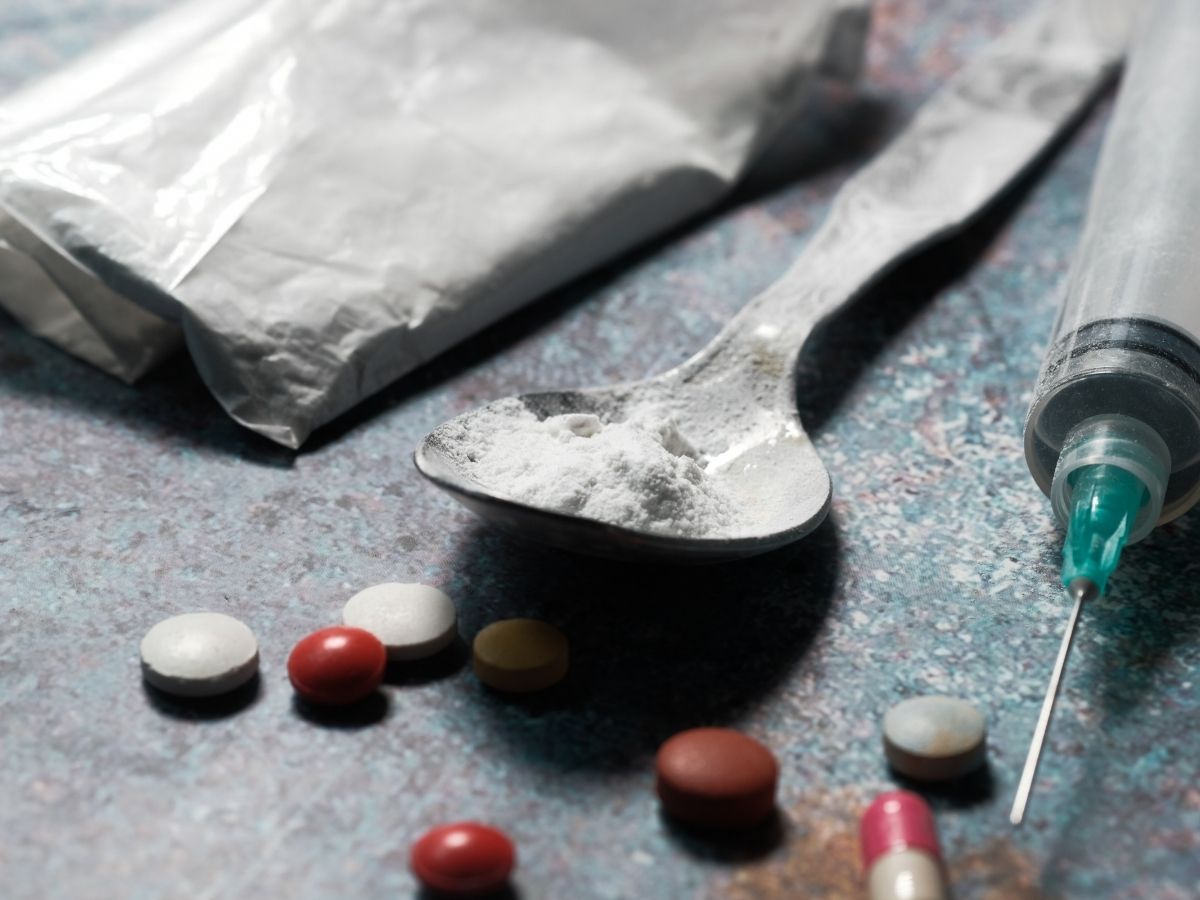
Cocaine Side Effects is a powerful stimulant that impacts nearly every system in the body. It works by increasing dopamine levels in the brain, creating intense feelings of euphoria and energy. However, these effects are short-lived and often followed by dangerous physical and psychological consequences. Even a single use can cause increased heart rate, high blood pressure, and changes in brain activity.
Over time, cocaine can lead to serious health complications, including damage to the heart, brain, and other organs. Symptoms including irregular heartbeat, severe headaches, abdominal pain, and anxiety, may appear quickly. Increased usage leads to the threat of addiction, psychological disabilities, and even such life-threatening situations as a stroke or heart attack. Being aware of these threats is the initial process to prevention and recovery.
Skip To
Table of Contents
Short-Term Effects of Cocaine Use
Cocaine overwhelms the area of the brain that causes you to feel pleasure and thrill (this is called the reward mechanism). This brings out intense feelings of euphoria and energy that many people simply cannot resist. However, these effects come with a cost. Some of the short-term effects are included below.
- Increased heart rate and blood pressure
- Narrowing of blood vessels
- Dilated pupils
- Heightened alertness and confidence
- Restlessness, anxiety, or paranoia
- Decreased appetite
These effects happen quickly, and cocaine can lead to risky behaviors, poor decision-making, and accidents. Because the drug acts so fast, many users chase the high by taking repeated doses, increasing the risk of severe problems.
End the Emotional Pain. Get Your Life Back.
Feeling Depressed, Anxious or Struggling with Mental Health Illness? Get Safe Comfortable Mental Health Dual Diagnosis High-Quality Therapy From Counselors That Care. Begin Your Recovery Now.
Hotline: (509) 348-4077

What Happens with Continued Use?
Using cocaine over a longer period can cause serious negative effects of cocaine on both physical and mental health. The drug damages organs and changes brain chemistry, causing lasting harm. Here’s what happens with long-term cocaine use.
- Heart issues: Cocaine can cause heart attacks, irregular heartbeats, and even sudden death due to the strain it places on the cardiovascular system.
- Damage to blood vessels can cause strokes and other circulation problems.
- Impacts to memory, focus, and emotional stability. Users may develop chronic anxiety, depression, or paranoia.
- The nasal tissue can deteriorate from snorting cocaine, leading to a collapsed nose or painful sores known as “coke nose.”
- The constant stimulation of the brain’s reward system leads to tolerance, meaning you need more cocaine to get the same high and withdrawal symptoms when you stop.
- Many develop a substance use disorder, making it hard to quit without professional treatment.

Recognizing Cocaine Withdrawal Symptoms
When someone stops using cocaine, the body reacts to the absence of the drug. Withdrawal symptoms can be uncomfortable and very hard to manage. Common signs include the following.
- Intense cravings for cocaine
- Fatigue and excessive sleeping or insomnia
- Increased appetite
- Depression or irritability
- Difficulty concentrating
These are some of the symptoms that make it extremely hard to stop using cocaine, thus strengthening the addiction.
Dangers of High Doses and Overdose
Using higher doses of cocaine or combining it with other drugs enormously increases the danger of life-threatening complications. Overdose symptoms can include the following.
- Severe chest pain or heart attack
- Stroke or seizures
- Difficulty breathing
- Extremely high body temperature (hyperthermia)
- Muscle breakdown and kidney failure
- Sudden death
If you suspect a cocaine overdose, immediate emergency medical help is critical.
Get Help. Get Better. Get Your Life Back.
Searching for Accredited Dual Diagnosis Mental Health Centers Near You?
Even if therapy failed previously, or are in the middle of a difficult crisis, we stand ready to support you. Our trusted behavioral health specialists will not give up on you. When you feel ready or just want someone to speak to about counseling alternatives to change your life call us. Even if we cannot assist you, we will lead you to wherever you can get support. There is no obligation. Call our hotline today.
FREE 24/7 Dual Diagnosis Mental Health Services HotlineTreatment for Cocaine
White powder cocaine, derived from the coca plant, has been referred to as one of the most addictive substances of all. The drug is used by millions of people of ages 12 and above. Cocaine addiction should be addressed through a holistic treatment approach tailored to each patient. Behavioral treatment for cocaine mostly involves behavioral therapies like cognitive behavioral therapy (CBT), which makes the patient aware of the triggers and address better strategies to cope.
Combining therapy, medical care, and ongoing support greatly increases the chances of long-term recovery from cocaine use disorder.
Case Insights and Educational Examples
These fictional examples are for educational purposes only and are not medical advice.
Example 1: Untreated Cocaine Use
Jamie started using cocaine socially but soon found himself unable to stop. Over time, his use escalated. His chest began to hurt, and he felt anxiety, but did not pay attention to these symptoms. Lack of treatment led to poor health for Jamie, relationship difficulties, and, ultimately, having to go to the hospital due to heart problems.
Example 2: Recovery with Treatment
After recognizing the risks, Jamie reached out for help. He joined a treatment program that was based on 12-step and cognitive behavioral therapy (CBT), and the support of medicine to cope with withdrawal. Therapy helped Jamie acquire coping skills, restore trust with the family, and regain his mental and physical health.
These examples highlight how early intervention and professional support can change the course of cocaine’s impact.
Comfortable Facilities & Amenities
High-Quality Mental Health Services & Behaviroal Health Substance Abuse Treatment
Rehab Centers TourRenowned Mental Health Centers. Serene Private Facilities. Inpatient Rehab Programs Vary.
Mental Health Helpline: (509) 348-4077Proven recovery success experience, backed by a Team w/ History of:
15+
Years of Unified Experience
100s
5-Star Reviews Across Our Centers
10K
Recovery Success Stories Across Our Network
- Low Patient to Therapist Ratio
- Comprehensive Dual-Diagnosis Treatment
- Complimentary Family & Alumni Programs
- Coaching, Recovery & Development Events
- Comfortable Onsite Medical Detox Center
Expert Advice: Practical Tips for Recovery and Support
The following advice is for general educational purposes and does not replace medical consultation.
- Seek help early, don’t wait for a crisis. The sooner you address cocaine use, the better the outcome.
- Explore therapy options such as CBT, which helps change harmful thought patterns and behaviors.
- Avoid triggers and high-risk environments where cocaine use is common.
- Maintain a healthy lifestyle: proper sleep, nutrition, and exercise can support brain and body recovery.
- Build a strong support network of friends, family, and support groups can make a big difference.
- Consider professional treatment centers that offer comprehensive care, including medical supervision during withdrawal and 12-step programs.
Frequently Asked Questions (FAQs)
-
Where in Spokane Valley, Washington can you find help for cocaine side effects?
In Spokane Valley, Washington, We Level Up Washington offers professional, evidence-based programs to support recovery and manage the side effects of cocaine use.
-
Where in Liberty Lake can you find treatment for cocaine side effects?
We Level Up Washington provides accessible care for Liberty Lake residents, helping individuals overcome cravings and rebuild their health.
-
Where in Post Falls, ID can you find treatment for cocaine side effects?
For those in Post Falls, ID, We Level Up Washington delivers nearby, personalized treatment plans focused on lasting recovery.
Final Thoughts
Cocaine is a powerful substance that affects every part of your body and mind. Understanding the coke side effects can help you or your loved one to make informed decisions about health and treatment. With the right help, recovery is not only possible but also within reach.
World-class, Accredited, 5-Star Reviewed, Effective Mental Health Dual Diagnosis Programs. Complete Integrated Inpatient Rehab with Free Post Discharge Therapy Planning.
Hotline: (509) 348-4077End the Emotional Pain Rollercoaster. Gain Stability & Happiness Through Recovery Treatment. Start Mental Health Counseling Today. Get Free No-obligation Guidance by Behaviroal Health Specialists Who Understand Mental Health Recovery.
Summar
Call today to speak with our team and learn more about our programs. We Level Up Washington: (509) 348-4077. Your next step starts here.




